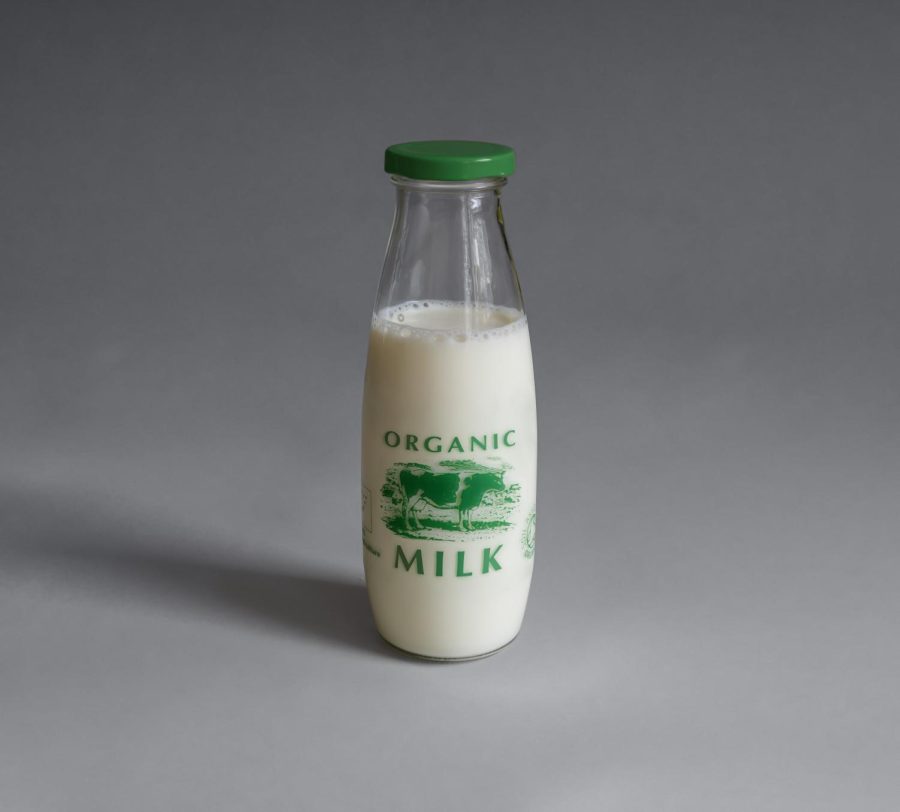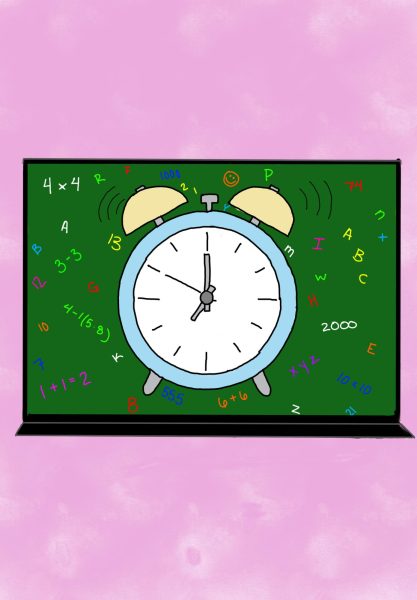Milk provides many nutrients, but has its drawbacks
Milk has recently become rather controversial — some claim it’s essential to the human diet, while others believe it to cause serious health problems
Natural selection has played a role in lactose intolerance, with areas in East Asia having up to 95% lactose intolerance in their population.
In the past, we’ve all been told, “You need to be drinking milk to grow big and strong!” Dairy is considered an essential food group, and it’s been part of the human diet for thousands of years. But, recently, there has been a strong push for alternative milks. It would seem that milk alternatives have become more common and more popular than original dairy milk. Is this shift caused by trendy milk alternatives and diets, or is there some merit in the concerns with dairy?
The common consensus has always been that milk is a great source of various vitamins and minerals including potassium, calcium, B12, and more. Many of the nutrients that milk provides are known as “nutrients of concern”, meaning they are widely under-consumed.
Calcium and protein, both of which need to be consumed daily, are what milk is best known for providing. One glass of milk typically contains 250-350 milligrams of calcium, meaning a portion of one’s daily calcium intake can be filled by one glass of milk.
These advantages were reason enough for milk to be deemed healthy for years, but, despite the benefits, some concerns have been recently raised on high dairy consumption. There has been speculation that dairy may increase risk of various skin conditions, acne, and cardiovascular disease. Most of these issues could be credited to dairy’s fairly high levels of saturated fat.
However, the increased risk of cardiovascular diseases that could arise from dairy consumption was disproved by a report done in 2018 by the European Society of Cardiology. According to Professor Maciej Banach from the Department of Hypertension at Medical University of Lodz, Poland, after referencing various studies, there is no clear correlation between dairy consumption and cardiovascular disease. One exception was drinking almost a liter of milk a day, which could be cause for concern. But, it’s rare for one to consume that amount and the connections have been inconsistent.
In fact, it’s been said that early civilizations which consumed milk had an evolutionary advantage. Considering how scarce nutrients were in early diets, having dairy (a nutrient dense food) for regular consumption was an important aspect of the agricultural development of the human race.
All this being said, there are some givens that should be acknowledged. A portion of the population (about 65%) are lactose intolerant, so of course those people have a much stronger negative reaction to dairy products.
And though it is indisputable that milk contains important nutrients, milk is not the only food that provides calcium or protein, so drinking milk isn’t essential in the human diet.
Additionally, the environmental impact of dairy products has been called into question. A large portion of land required to raise cattle and production of dairy products are responsible for 3% of total greenhouse gas emissions. Furthermore, the dairy industry is not best known for humane treatment of its cattle, and the animals are essentially tortured so these companies can get the most product out of them.
So should we be drinking milk? As long as your body produces the necessary enzymes to break it down and it’s consumed in moderate amounts, it remains a good source of nutrients. That being said, if you’re worried about the environmental impacts or you simply don’t enjoy it, milk and other dairy products are not an integral part of a healthy diet, so long as you get the nutrients it provides elsewhere.
Your donation will support the student journalists of Mead High School. Your contribution will allow us to purchase equipment and cover our annual website hosting costs.

Natalie is a senior, and though this is her second year on The Mav, it is her first year as Copy and Design Editor. She enjoys painting, watching movies, and reading. She aims to further improve her writing and learn new elements of journalism this year.










Jamie Hedlun • Dec 15, 2022 at 9:03 pm
I really love this article and appreciate how I can count on Natalie to teach me something new.